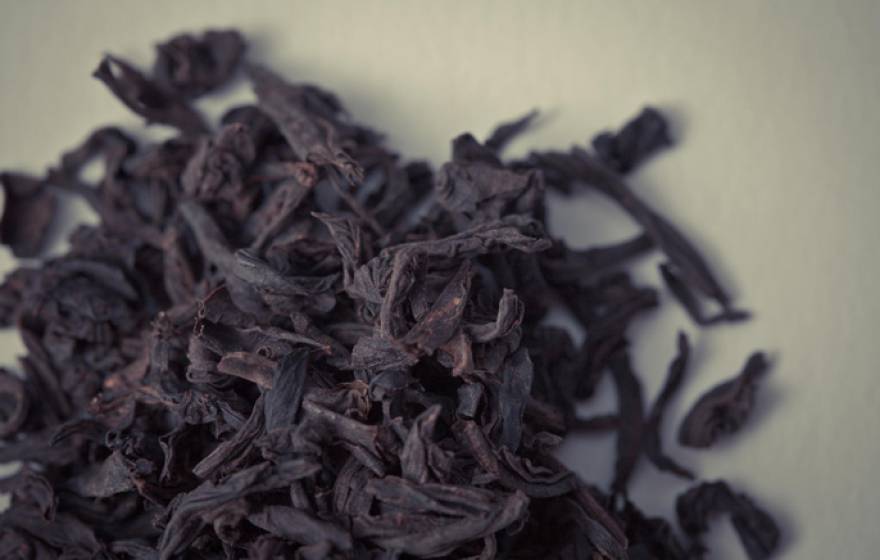Three wildly different samples show how much forms of communication have in common.
Human speech, jazz and whale song
Stefan Savage receives prestigious MacArthur Foundation fellowship
The renowned cybersecurity expert and computer science professor joins the 2017 class of MacArthur geniuses.
Researchers create molecule that could ‘kick and kill’ HIV
A synthetic particle can awaken dormant virus cells and knock them out in lab animals — a significant advance.
Why a little dirt is good for us
Disinfectants can inhibit cellular energy production and even lead to an increased risk of Parkinson's disease.
UC and national lab scientists team up to accelerate new cancer therapies
UC’s $3M investment aims to expand the frontiers of precision medicine through strategic partnership.
How generosity in disasters flows in both directions
Sharing what we have activates pleasure circuits in the brain, says the Greater Good Science Center.
Erasing your fears?
Researchers have developed a method to selectively erase fear memories in the brain.
The most detailed look yet at an animal's brain
The C. elegans worm may have only 302 neurons, but for the first time, scientists can see them all one by one.
DNA mutations found in blood predict response to immunotherapy in patients with cancer
In a first-of-its-kind study, scientists find you don't need a biopsy to determine if the treatment will work.
Black tea may help with weight loss, too
The beverage promotes good health and lower weight by changing the mixture of bacteria in the gut.
The diet soda effect of buying a fuel-efficient vehicle
Yikes — consumers often compensate for fuel-efficient cars by buying a bigger second vehicle.
Teens’ online friendships just as meaningful as face-to-face ones
Digital communication can even provide more benefits but also carries more risks.











